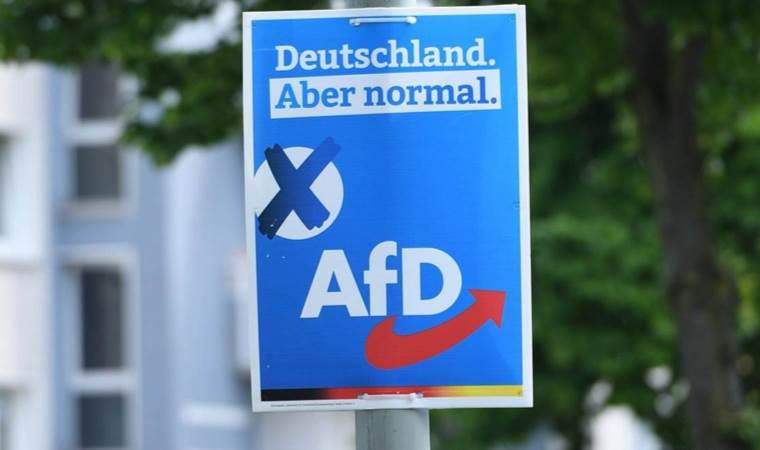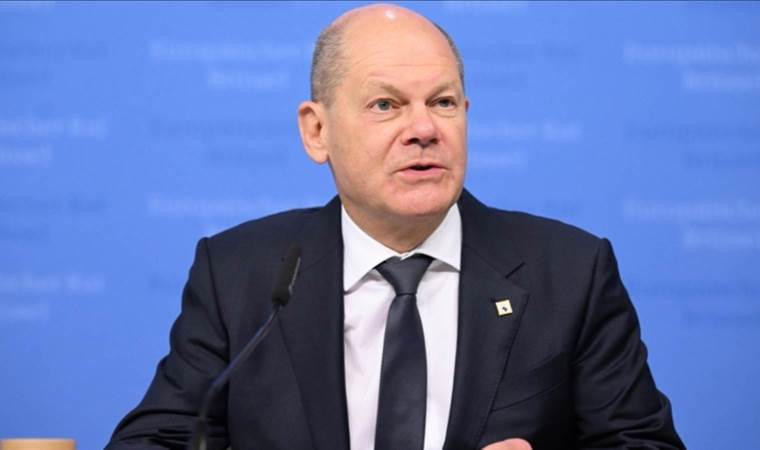Germany's debate intensifies on banning extremist far-right party
The debate over the potential ban of the far-right Alternative for Germany (AfD) party has resurfaced in Germany, fueled by the party's growing influence, particularly in the former East Germany.

This resurgence has raised concerns about right-wing extremism shaping the country's political discourse. The AfD, known for its strong anti-immigrant stance and Euroscepticism, has seen a surge in popularity, posing a significant challenge to mainstream political parties.
The dilemma facing Germany's political establishment is multifaceted. Aligning with the AfD could be perceived as normalizing a party that critics argue is undermining democratic values from within. Conversely, ostracizing the AfD risks alienating its substantial voter base, further polarizing the political landscape.
Historically, Germany is all too familiar with the dangers of far-right politics. The rise of the Nazi party began through electoral successes, a fact that weighs heavily on the current debate. This historical context adds a layer of complexity to the discussions about banning the AfD, echoing fears of repeating past mistakes.
However, the legal path to banning a political party like the AfD is fraught with challenges. Similar efforts in the past, such as attempts to ban the National Democratic Party of Germany (NPD), have failed. The NPD, considered too small to pose a significant threat to Germany's democratic order, was not banned, setting a precedent that complicates any moves against the AfD.
The situation in Germany reflects a broader trend seen across Europe, where far-right parties are gaining ground, driven by various factors including economic instability and concerns over immigration. The rise of the AfD is a testament to the shifting political landscape, not only in Germany but across the continent.



